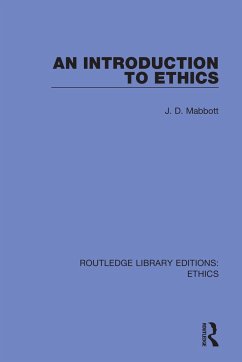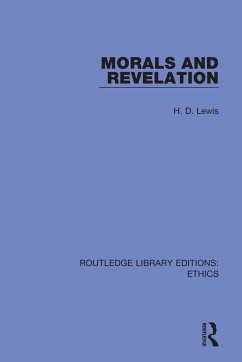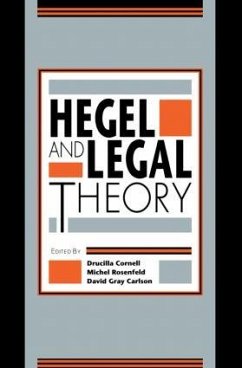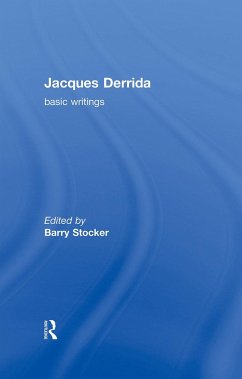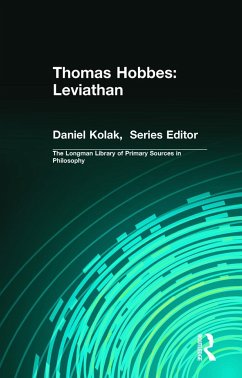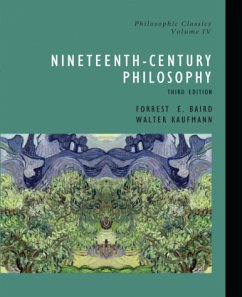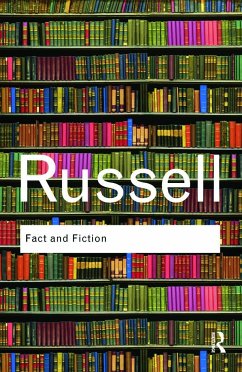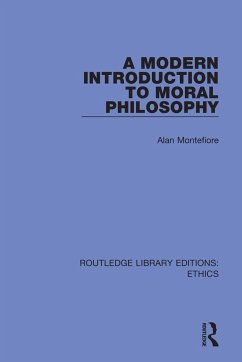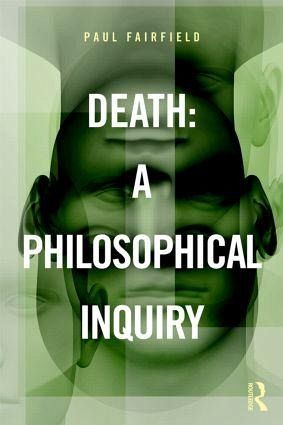
Death
A Philosophical Inquiry
Versandkostenfrei!
Versandfertig in 1-2 Wochen
58,99 €
inkl. MwSt.
Weitere Ausgaben:

PAYBACK Punkte
29 °P sammeln!
From Nietzsche's pronouncement that "God is dead" to Camus' argument that suicide is the fundamental question of philosophy, the concept of death plays an important role in existential phenomenology, reaching from Kierkegaard to Heidegger and Marcel.This book explores the phenomenology of death and offers a unique way into the phenomenological tradition. Paul Fairfield examines the following key topics:the modern denial of death Heidegger's important concept of 'being-toward-death' and its centrality in phenomenological ideas, such as authenticity and existence the philosophical significance o...
From Nietzsche's pronouncement that "God is dead" to Camus' argument that suicide is the fundamental question of philosophy, the concept of death plays an important role in existential phenomenology, reaching from Kierkegaard to Heidegger and Marcel.
This book explores the phenomenology of death and offers a unique way into the phenomenological tradition. Paul Fairfield examines the following key topics:
the modern denial of death Heidegger's important concept of 'being-toward-death' and its centrality in phenomenological ideas, such as authenticity and existence the philosophical significance of death rituals: what explains the imperative toward ritual around death, and what is its purpose and meaning? death in an age of secularism the philosophy and ethics of suicide death as a mystery rather than a philosophical problem to be solvedthe relationship between hope and death
Death: A Philosophical Inquiry is essential reading for students of phenomenology and existentialism, and will also be of interest to students in related fields such as religion, anthropology and the medical humanities.
This book explores the phenomenology of death and offers a unique way into the phenomenological tradition. Paul Fairfield examines the following key topics:
the modern denial of death Heidegger's important concept of 'being-toward-death' and its centrality in phenomenological ideas, such as authenticity and existence the philosophical significance of death rituals: what explains the imperative toward ritual around death, and what is its purpose and meaning? death in an age of secularism the philosophy and ethics of suicide death as a mystery rather than a philosophical problem to be solvedthe relationship between hope and death
Death: A Philosophical Inquiry is essential reading for students of phenomenology and existentialism, and will also be of interest to students in related fields such as religion, anthropology and the medical humanities.





